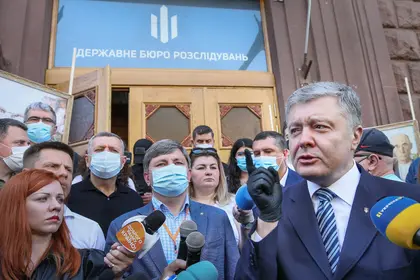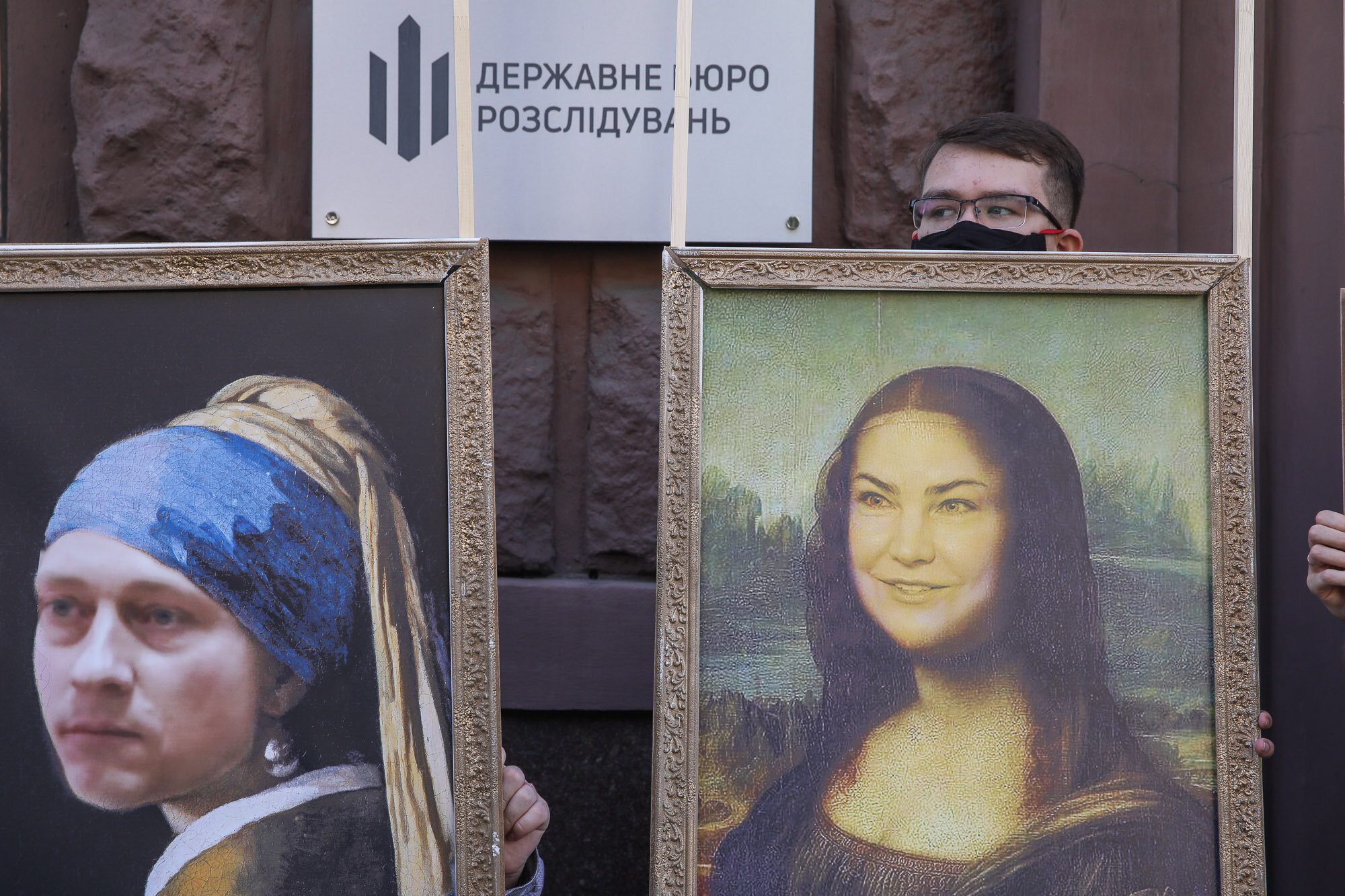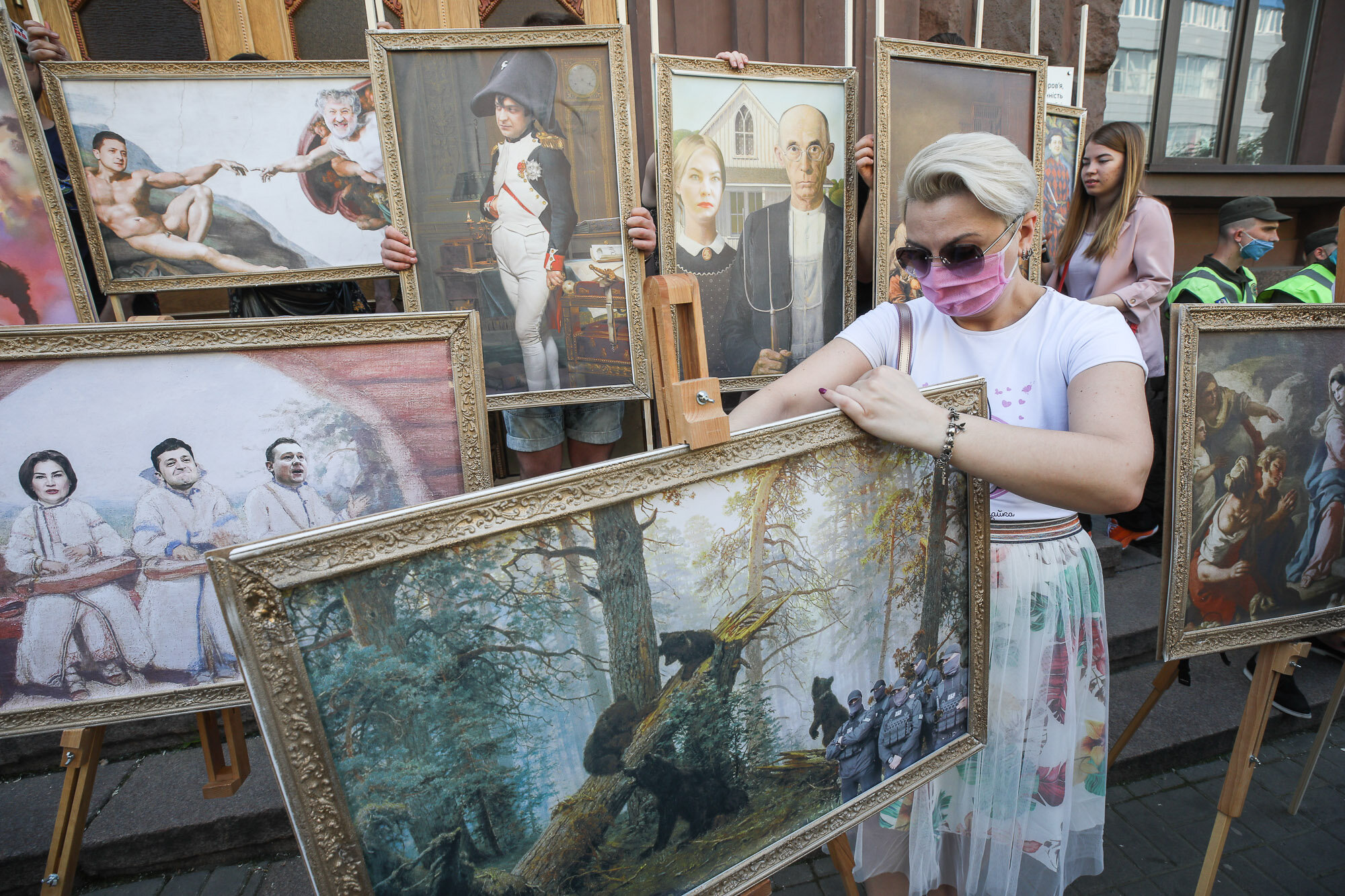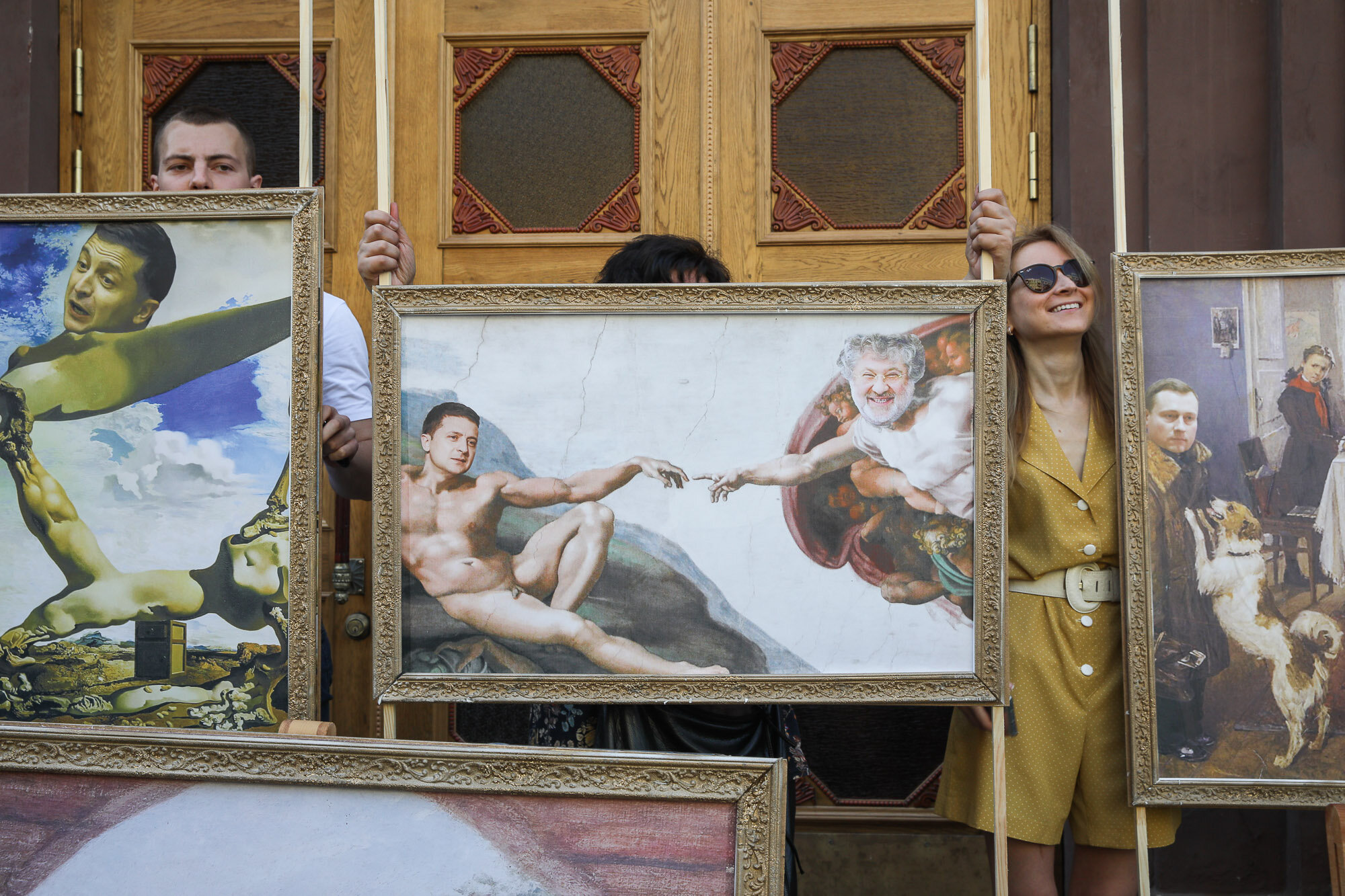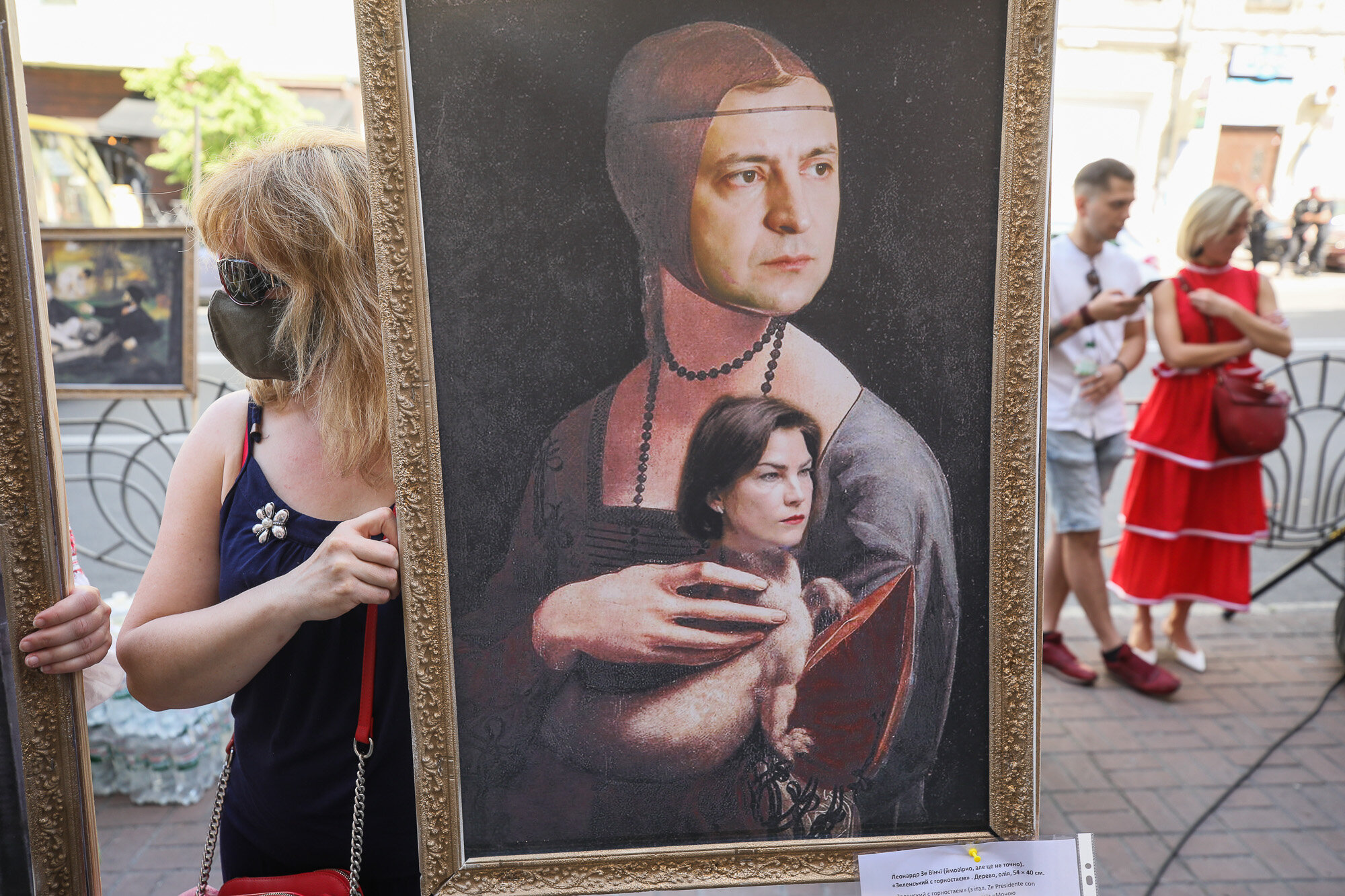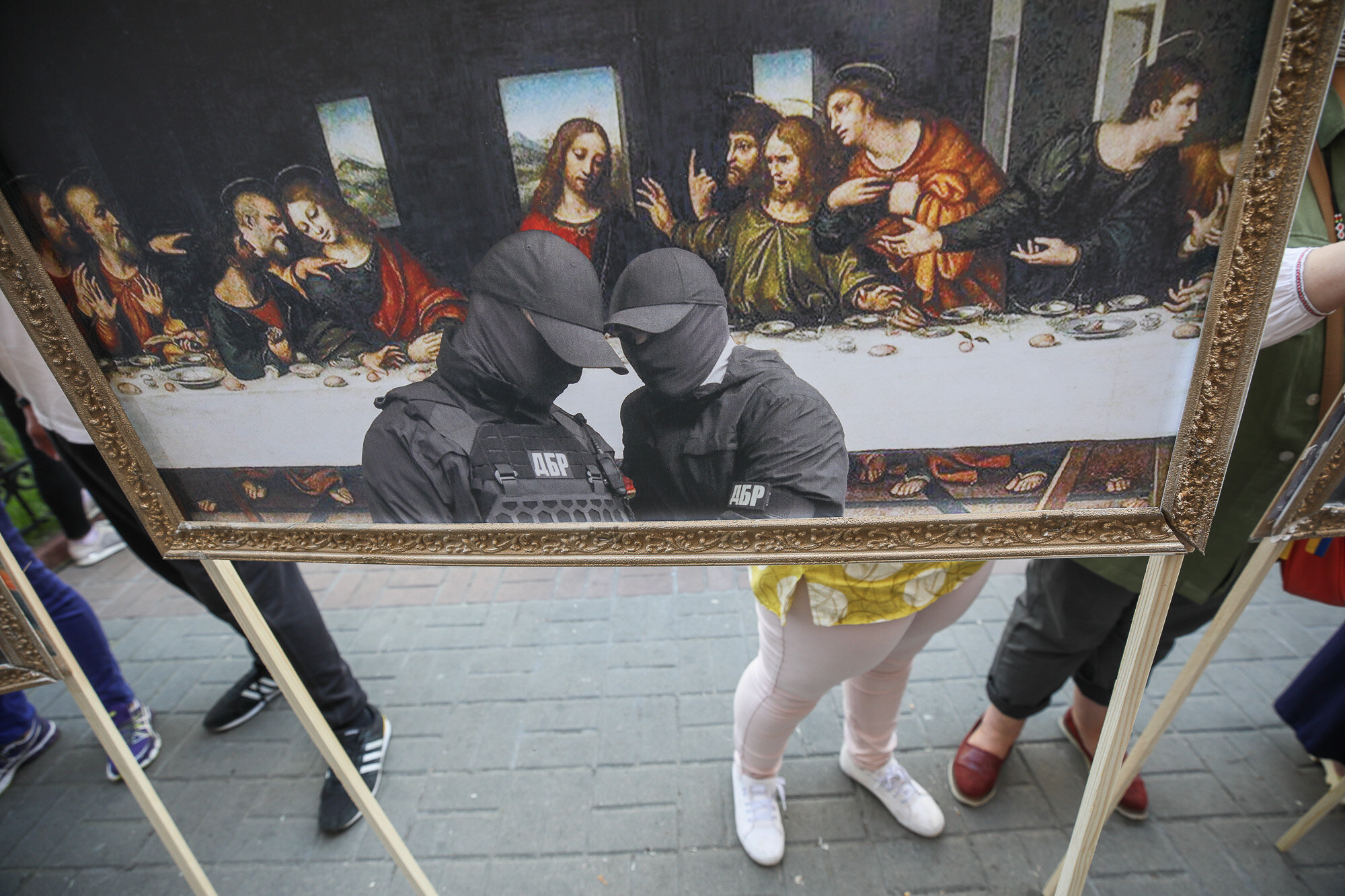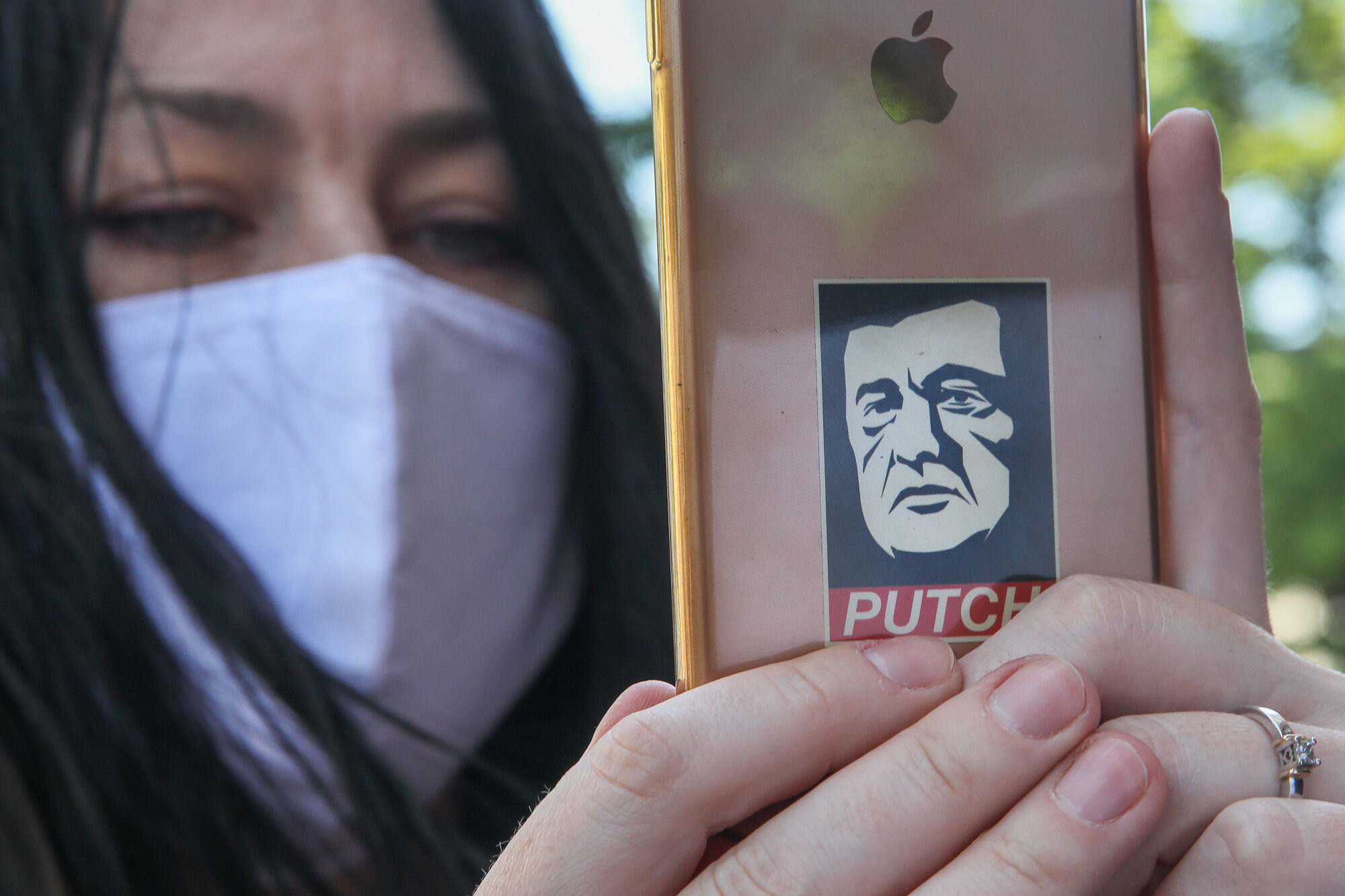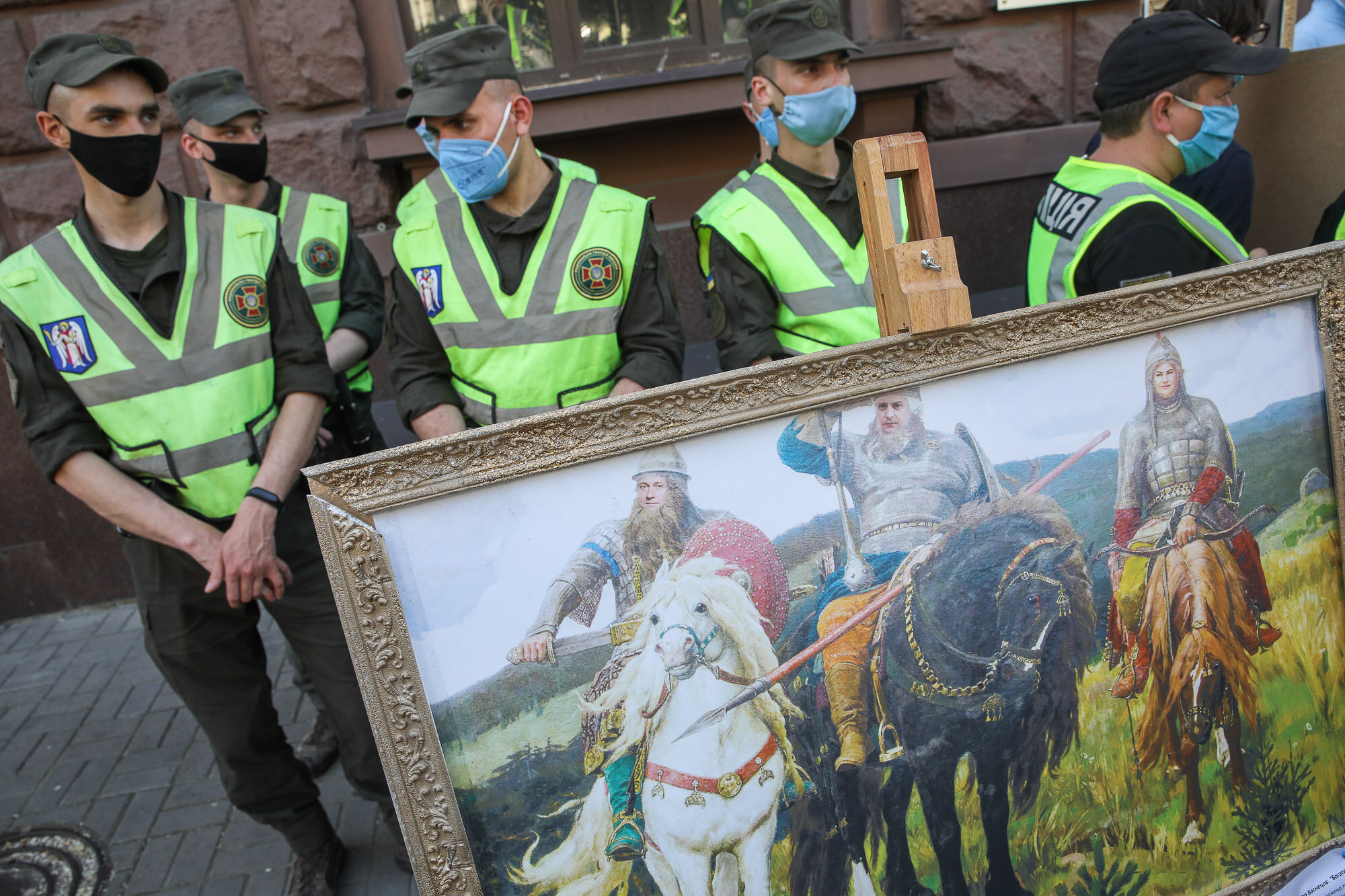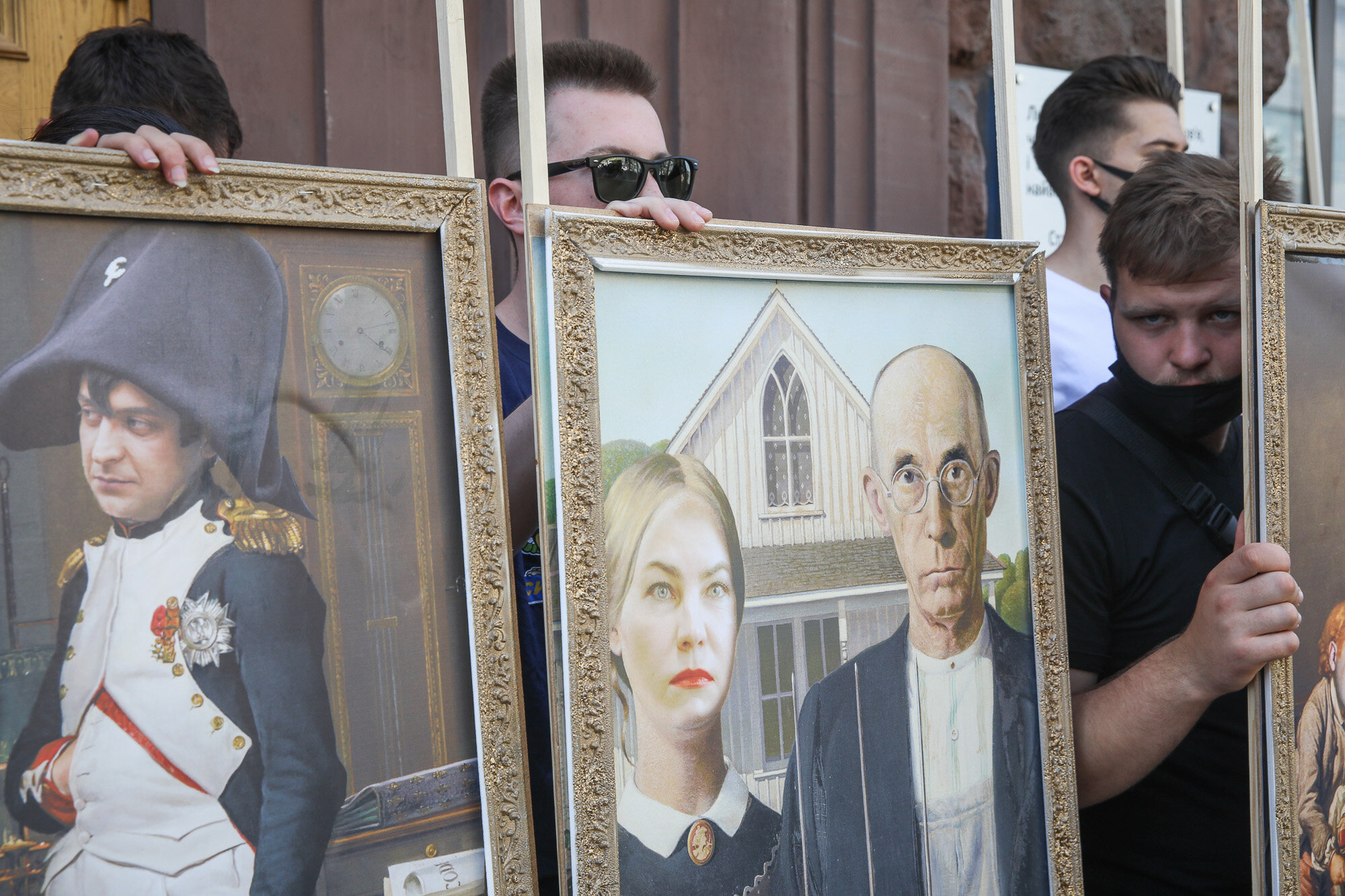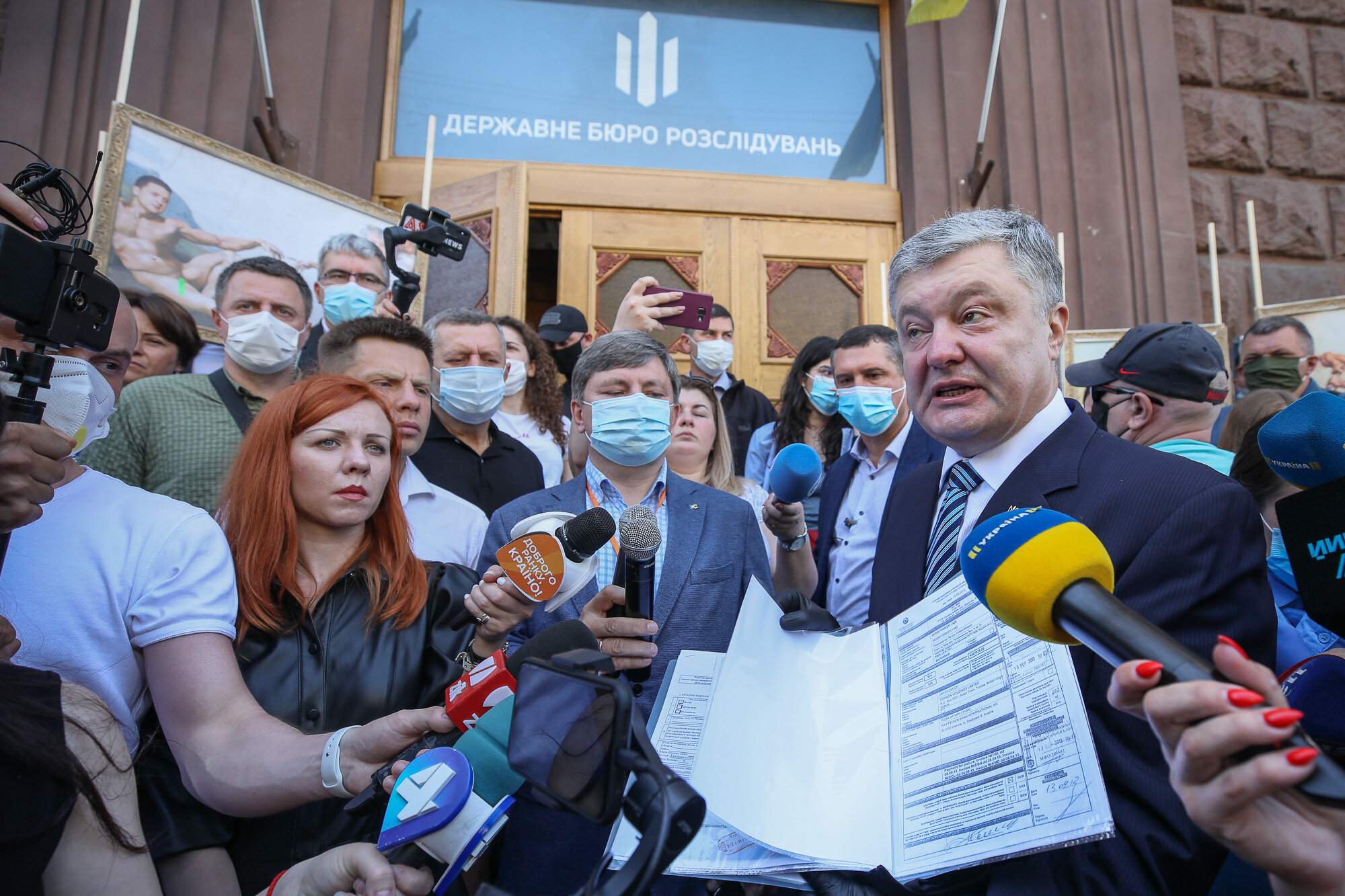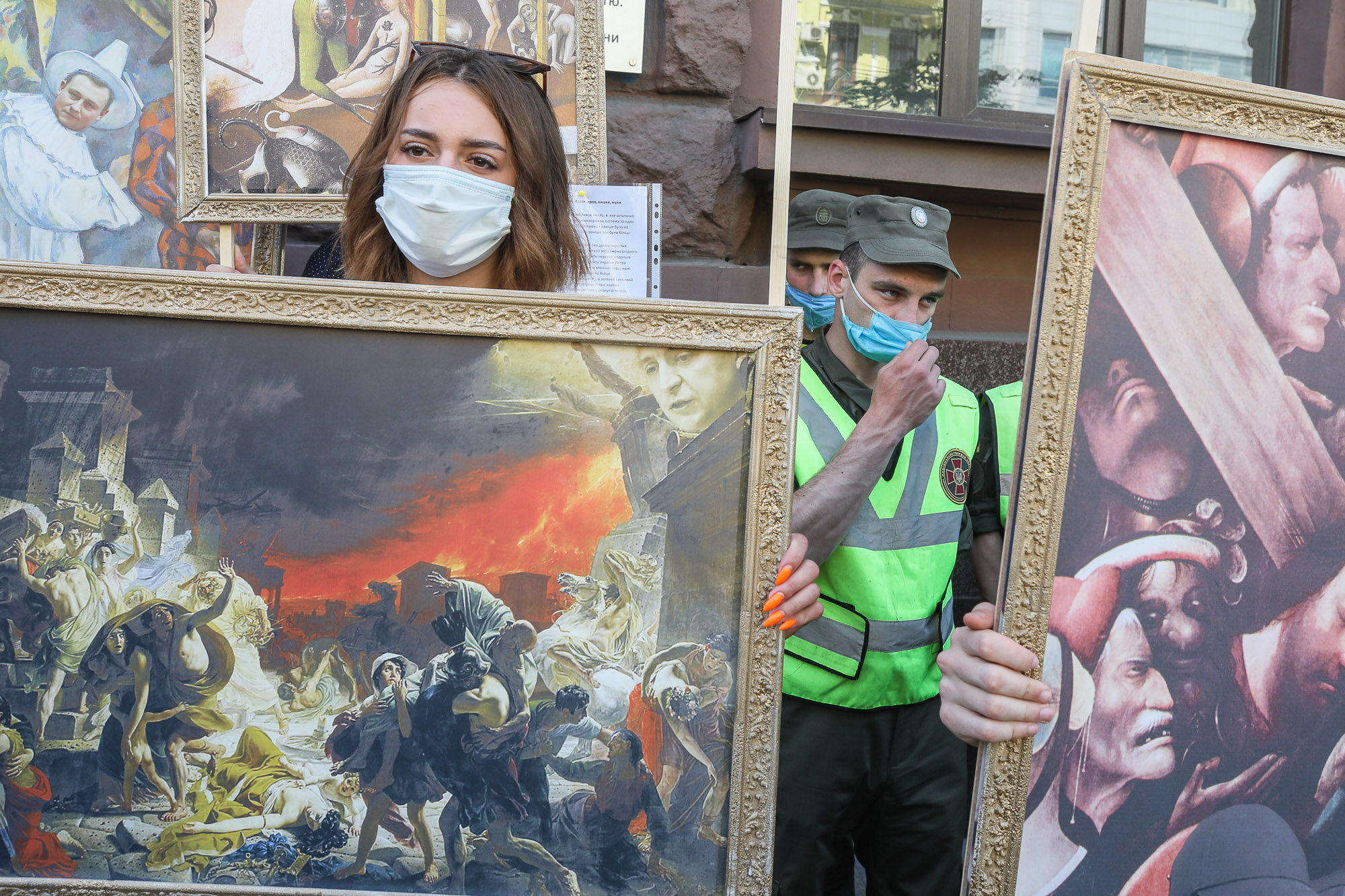Ex-President Petro Poroshenko was charged by the State Investigation Bureau with abuse of office, the press service of the Prosecutor General’s Office said on June 10.
Poroshenko sees the indictment as a “persecution of opposition” by President Volodymyr Zelensky. He accused Zelensky of giving “illegal instructions” to prosecutors and of behaving like fugitive ex-President Viktor Yanukovych, who fled the EuroMaidan Revolution on Feb. 22, 2014, paving the way for Poroshenko’s election later that year as the nation’s fifth president.
Poroshenko allegedly abused and usurped power by appointing a notorious official, Serhiy Semochko, to a position in the Foreign Intelligence Service that didn’t legally exist in July 2018.
He sacked him in April 2019 right before the presidential elections, after journalists reported in October 2018 that Semochko’s Russia-connected family grew vastly rich during his time in office.
If found guilty, Poroshenko faces up to 10 years in jail for abuse of office. According to prosecutors, it was still deciding whether the ex-president needed to be arrested.
Poroshenko’s lawyer Ilya Novikov dismissed the notice of suspicion at first, saying that, because Poroshenko is a lawmaker, it should have been signed personally by Iryna Venediktova, Ukraine’s prosecutor general, or her deputy, Ukrainska Pravda reported.
Article 481 of the law says, however, that people with a special status such as lawmakers, judges can get notice of suspicion from a regular prosecutor when it is commissioned by the prosecutor general.
Poroshenko then went to the Prosecutor’s General Office to confront Venediktova with a group of supporters — his lawyers and several members of his 20-member parliament faction European Solidarity. Venediktova received the group at her office and confirmed the indictment.
Days before it, Venediktova told the Ukrainian News website that she was ready and “not afraid” to sign an indictment for Poroshenko. Investigating Poroshenko was one of her promises when she was appointed in early March. Her predecessor Ruslan Riaboshapka faced accusations that he was hesitant to indict the former president. Riaboshaphka commented later that the cases against Poroshenko were weak and would fall apart in court.
Responding to accusations that she was appointed to persecute political opponents, Venediktova said “there is no political persecution in Ukraine but a thief must be in jail” – an apparent reference to Poroshenko and representatives of the previous administration.
In February, the State Investigation Bureau, which was then headed by Venediktova, drafted charges for Poroshenko and passed them to her predecessor, Riaboshapka, for signing.
The abuse of power charge in the Semochko case could be lawful since he got a job that didn’t exist and caused losses to the state by getting wages, former top investigator Sergii Gorbatuk told the Kyiv Post in March. He said that one of other cases against Poroshenko, one on usurpation of power, was unfounded, given that Poroshenko already had power and did not take away the authority of any other institutions in this case.
Another case focuses on Poroshenko allegedly illegally importing paintings for his private collection. On May 29, Poroshenko exhibited the paintings in question at Ivan Hochar Museum in Kyiv, leading to the State Investigation Bureau searching the museum.
You can also highlight the text and press Ctrl + Enter


